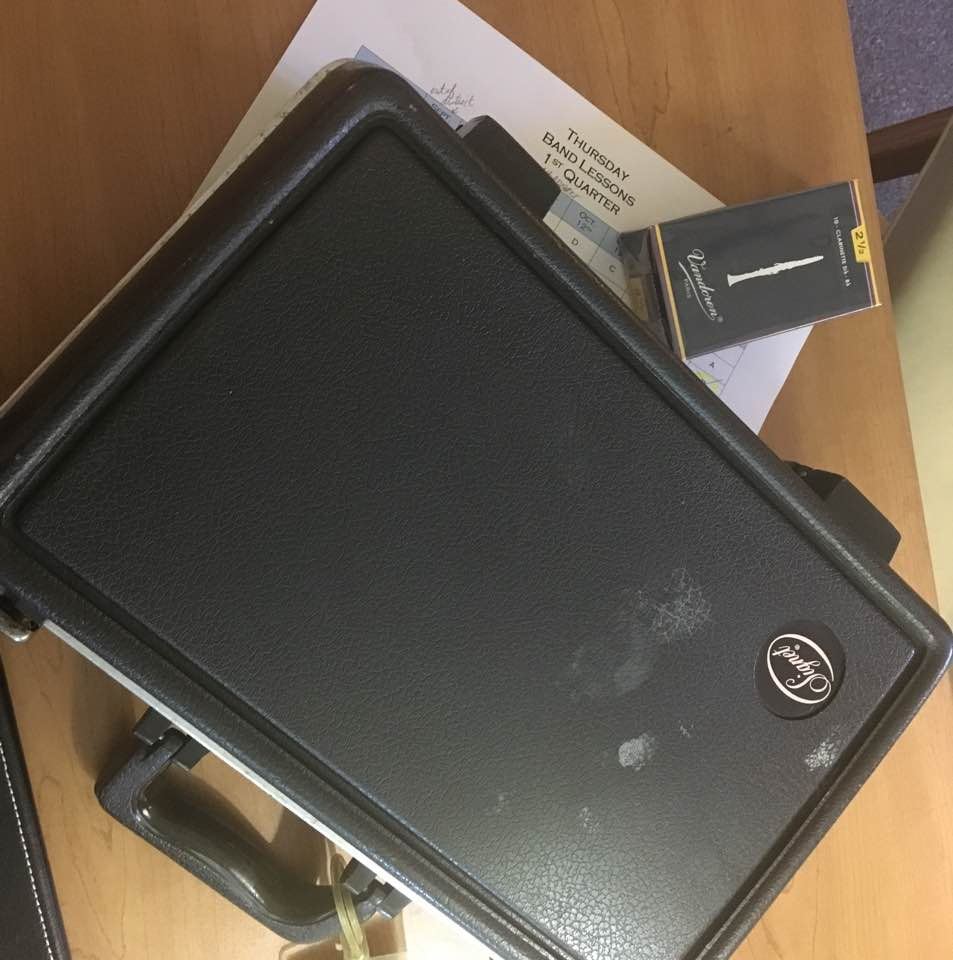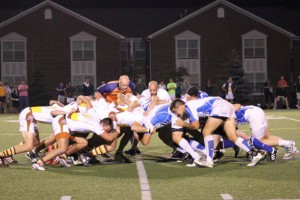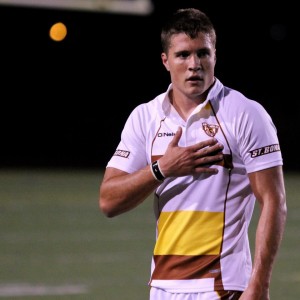Learning–the acquisition of knowledge or skills through experience, study, or by being taught. For what seems like forever, schools have talked about developing students who are life long learners and yet, we loosely support professional development by sending teachers to some conferences or signing off on hours spent learning “Google classroom” or strategies for using YouTube in the classroom or “behavior strategies for elementary students”.
I’m guessing, or better said hopeful, that all of the professional development hours our teachers engage in are meaningful. I’m wondering how much time is spent after that Master’s degree continuing to learn about learning–the very reason we exist?
In the book And What Do YOU Mean by Learning?, Seymour B. Sarason talks about productive learning.
And by productive I mean that the learning process is one which engenders and reinforces wanting to learn more. Absent wanting to learn, the learning context is unproductive or counterproductive.
In schools, we are often focused on the acquisition of knowledge or skills that help students achieve on a NYS test. I challenge that helping our students to acquire that level of learning is the bare minimum we should expect of ourselves.
I taught for eleven years, one year of grades 5-8 Science, Spanish and literature in a small Catholic school and ten years of grades 7-12 Spanish and business in a small public school. I was as much of an adult learner then as I am today–constantly reading professional publications and attending relevant conferences when possible. Still, my students acquired enough knowledge to do well on the NYS exams. And you know what? Very few of them wanted to learn more and fewer acquired/retained the knowledge beyond the exam.
I did the best that I knew how, every day. Just as all of our teachers and employees do every day at SGI.
However, in leading this school district, I’m committed to working with everyone within our school community to consider what a Springville-Griffith education means. We’re not complacently settling for the status quo. And the only way I know how to bust the status quo?–
We’ve got to keep learning about learning. Every adult in our system. If you listened to me or to our keynote Will Richardson on opening day talk about the need to change public schools and thought, “I like school the way it is now” or “thank goodness they’re here to correct all of these other people” or “this too shall pass”, then you’re missing the point. It’s not about a prescriptive plan of “if we do/buy/implement this, then we’ll have changed”. That plan would end two minutes after I walk out of the door to retire some day.
We’re asking you to learn. We need to learn more about the acquisition of knowledge and skills today, in 2017. The world has absolutely changed and the access our students have to vast, incredible amounts of information has too. We have to do more than prepare our students for the exams. Our students need to have ample opportunities within every school day to discover, create, develop their talents and curiosity, to explore, ask questions and connect. I didn’t offer enough opportunities in my classroom for students to do any of those things. Are we now? Some days. In some classrooms. For some students.
That’s not good enough. Our leadership team is going to share resources with our teachers–articles, books, podcasts, and feedback– throughout this year. We’re going to continue our own learning. We’d like to support you in your learning. We’re going to work with all of you in our school community to develop and communicate what it means to be a learner at SGI. We’re going to reimagine what school can be for our students at the same time that we meet the expectations of a NYS public school district.
I think we can do this and do it well. We all come here every day to make a difference. Let’s make sure it’s the very best difference that every SGI student deserves in 2017. Please be thinking about what YOU can do to learn more. And I promise, we will do our very best to support you.



